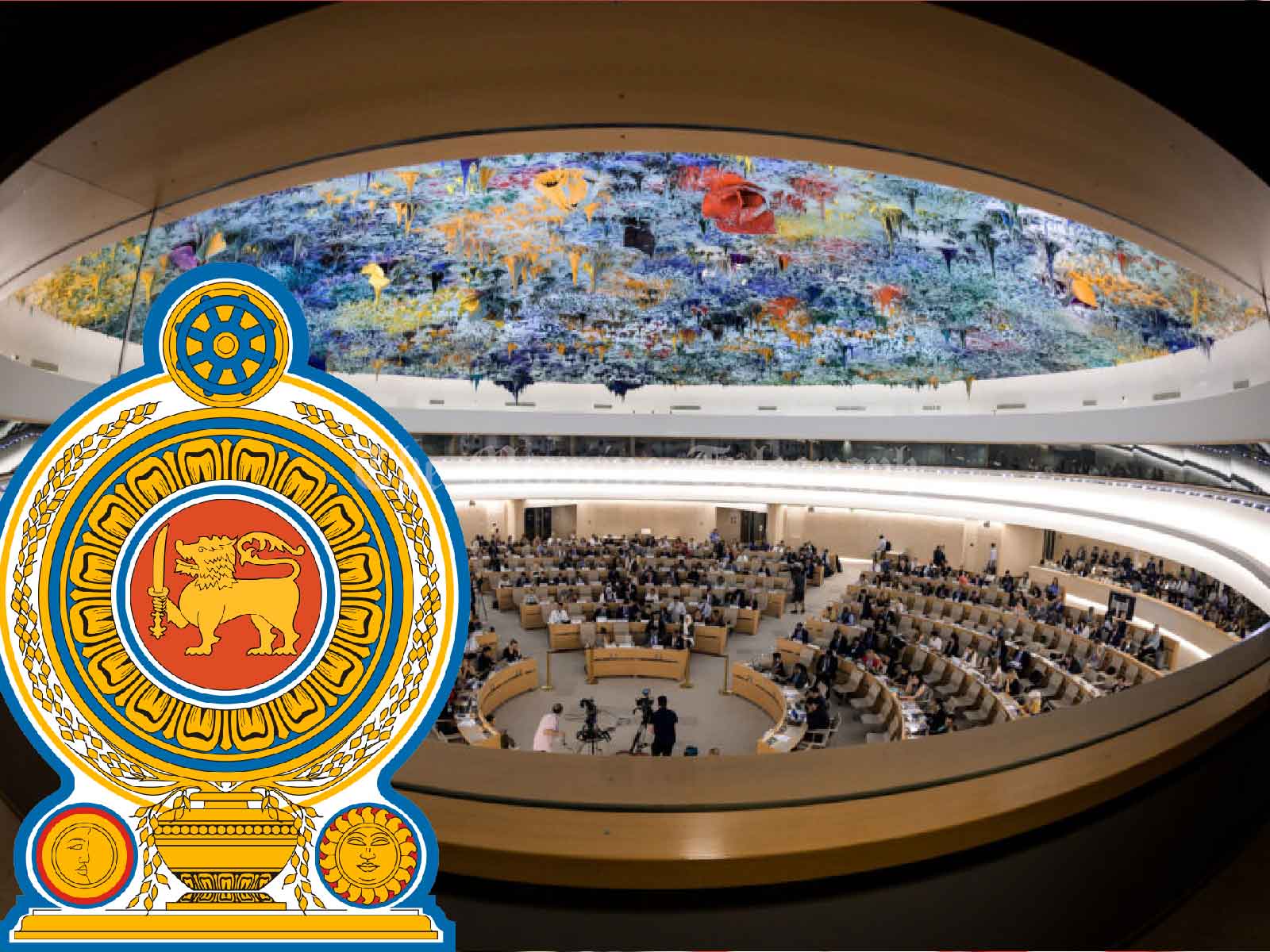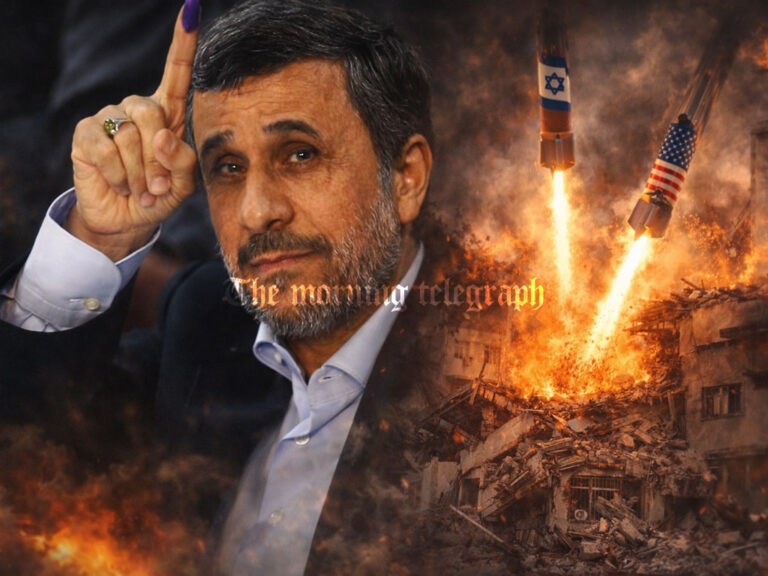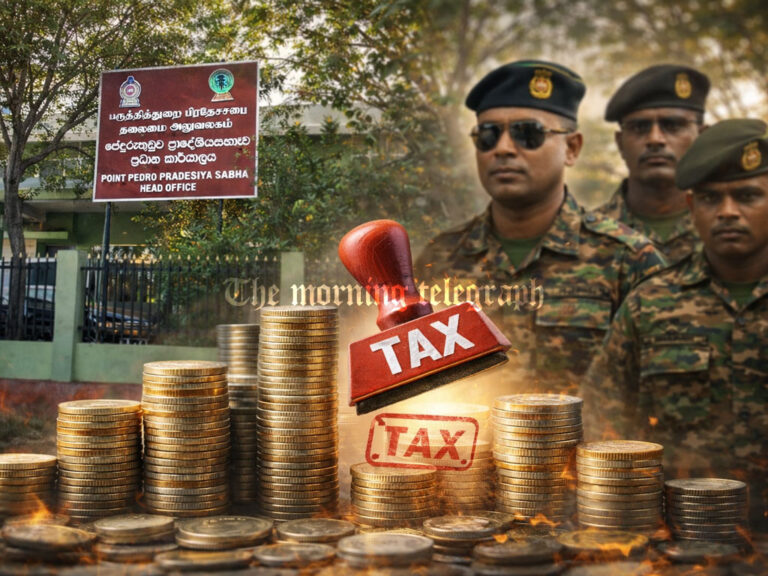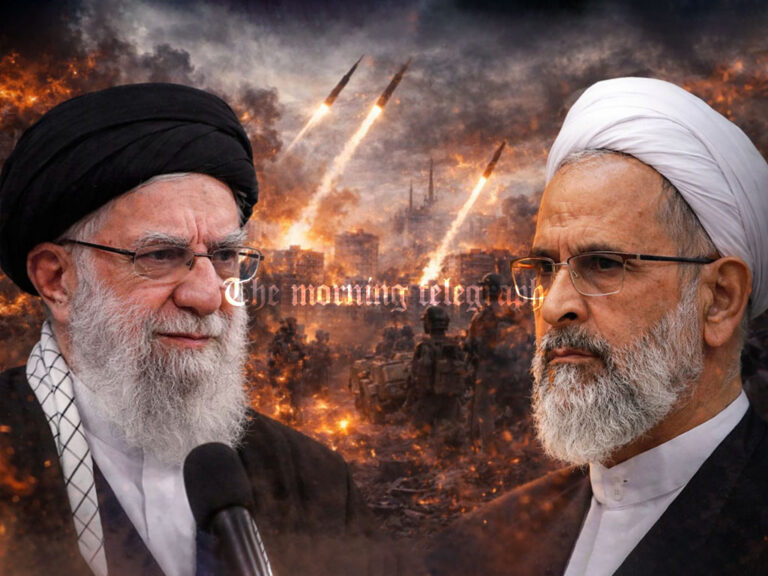
In a decisive move, the Sri Lankan government has officially rejected a draft resolution submitted to the United Nations Human Rights Council concerning alleged human rights violations in the country. The government has also expressed strong opposition to the Council’s resolution 51/1, emphasizing its stance on the matter.
This rejection signifies a clear commitment by the current administration to resist any proposals aimed at extending the powers of mechanisms designed to gather external evidence related to alleged human rights abuses during the protracted conflict in Sri Lanka.
Despite dismissing the external resolution, the Sri Lankan government has reaffirmed its dedication to addressing significant human rights concerns, including reconciliation, through a locally-driven process. This commitment was solidified with the approval of a cabinet proposal aimed at facilitating internal measures to tackle these pressing issues.
The government’s firm stance comes amid ongoing discussions within the international community regarding accountability for past human rights violations, particularly during the civil war. By opting for a local approach to reconciliation, the administration aims to foster a more inclusive and self-determined path forward for the nation.
As the situation unfolds, observers will be keenly watching how this decision impacts Sri Lanka’s relations with the international community and the ongoing discourse on human rights within the country.




